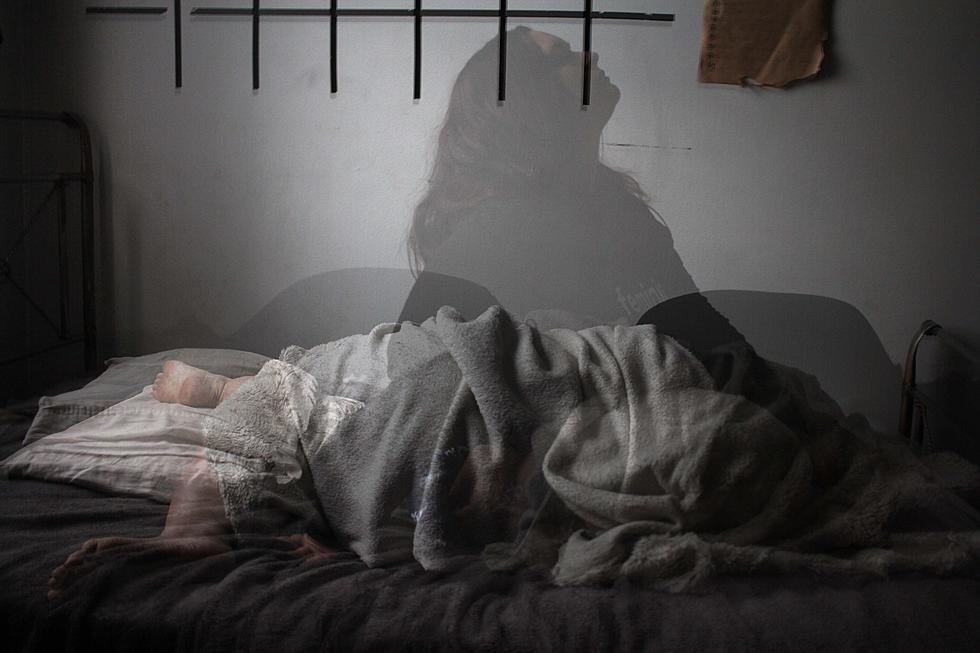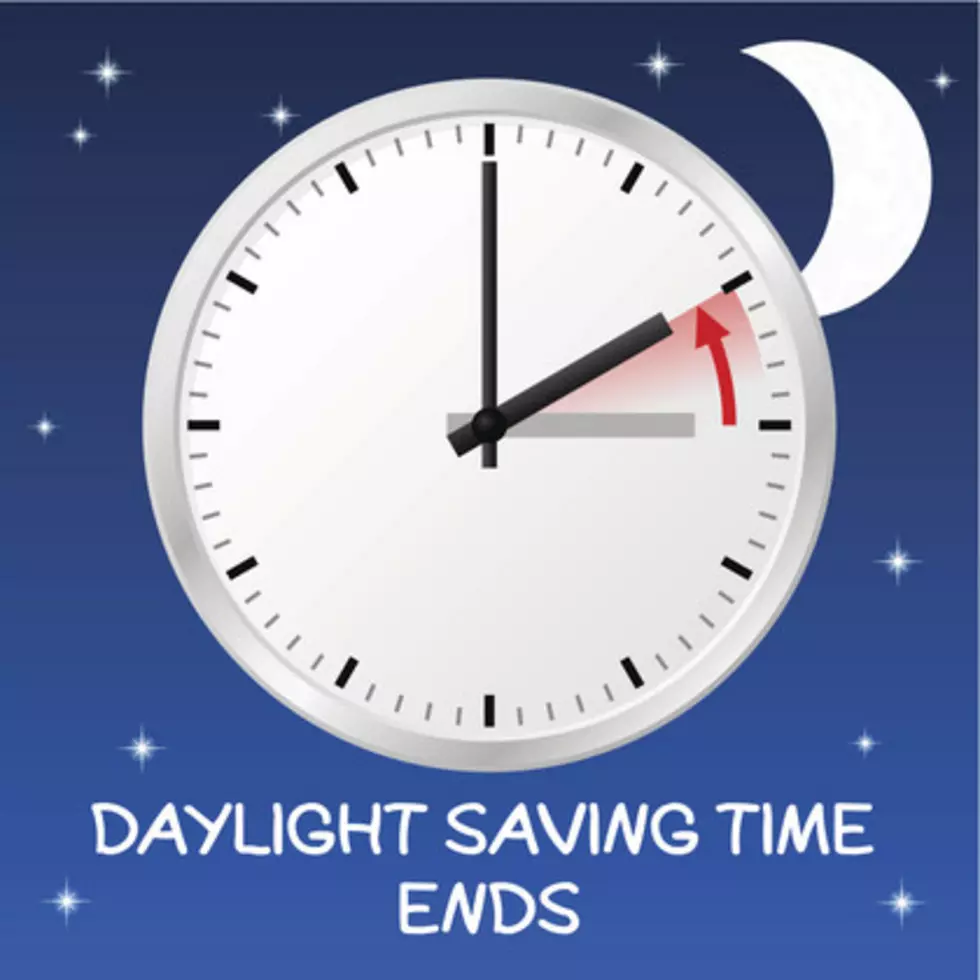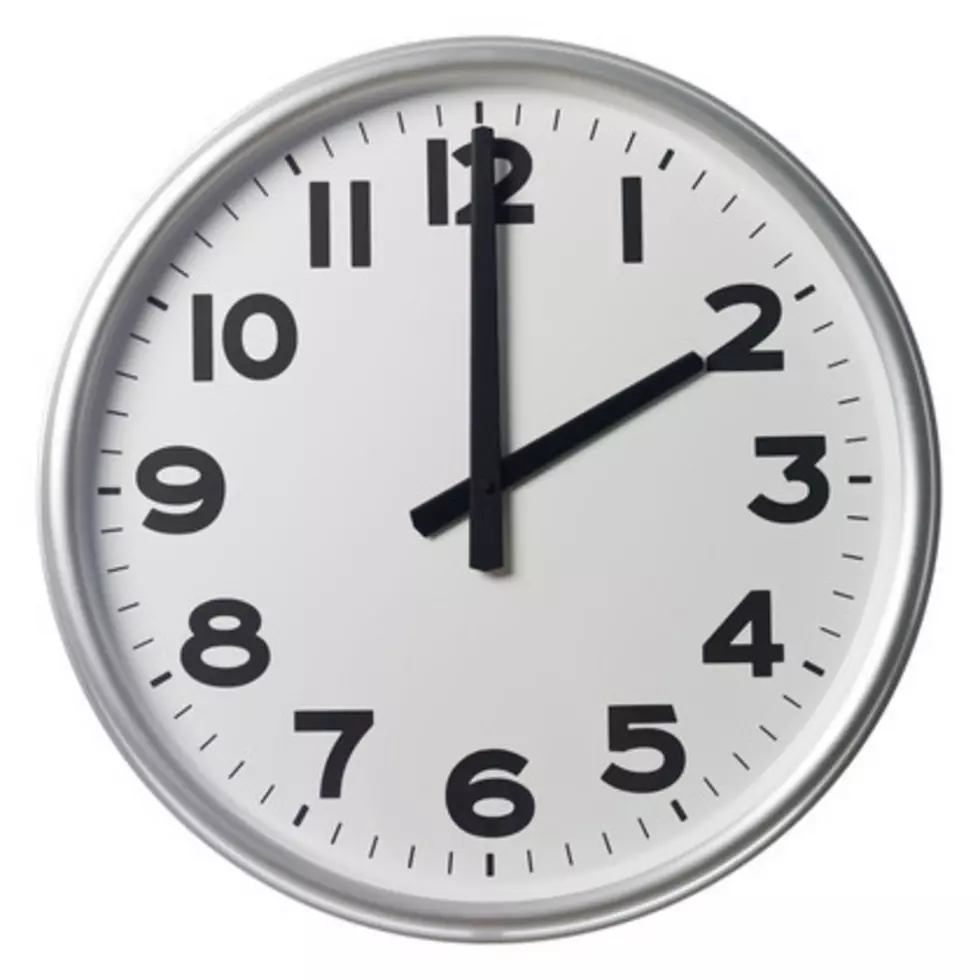
Did the End of Daylight Savings Time Mess With Your Body Clock?
This past weekend Daylight Savings Time ended and we all had to turn our clocks back one hour. It certainly sounds like a good idea on paper but tell that to my son who has been waking up at ridiculously early hours ever since the time change. I'm talking 3am and 4am! Then of course, at the end of the day, he's over tired and it's hard to get him to bed at his normal time.
I can't help but wonder if messing with nature is once again doing more harm than good? How much does time change impact the body? After all, the body does it's own thing regardless of how we try to control things.
After doing a little research about the impact of our two annual time changes on the body, I discovered some interesting statistics. When we set our clocks forward one hour in the Springs, research shows that it can take up to a week to adjust to the loss of that one hour since most of us are already sleep deprived, which in turn throws our body off enough to open it up to illness. Some studies have even found a link between the spring-forward clock change and an increase in accidents and heart attacks. Conversely, studies have shown that gaining an hour in the Fall is advantageous to the body and gives us extra time to sleep or just relax.
But, there's always a "but" isn't there? The shift in light exposure can affect many people in a negative way. Now that Daylight Savings Time is over, you might experience Seasonal Affective Disorder. symptoms of SAD include increased appetite, increased daytime sleepiness, decreased energy in the afternoon, loss of interest in work, unhappiness and lethargy. If you're experiencing symptoms of SAD, speak to your doctor, who may start you on bright light therapy which simulates sun light. I sit under a special sun emulating lamp everyday since I do experience SAD every winter. I can tell you it does help get rid of the winter time blues.
More From WZOZ









